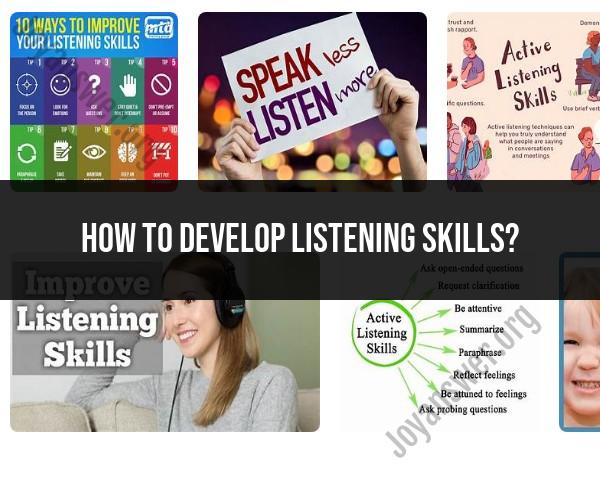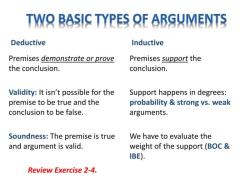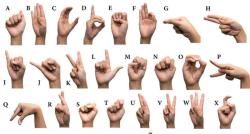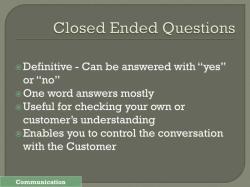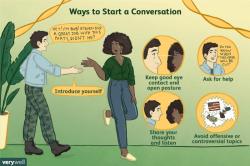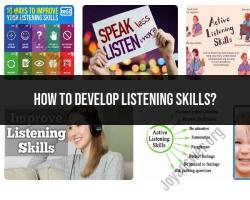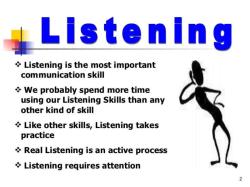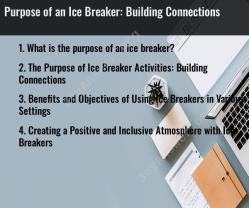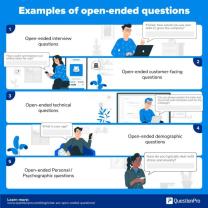How to develop listening skills?
Developing effective listening skills is essential for successful communication and building strong relationships. Here are some tips and strategies to help you improve your listening skills:
Give Your Full Attention:
- Be fully present and engaged in the conversation. Put away distractions such as your phone or other electronic devices. Make eye contact with the speaker and show that you are genuinely interested in what they have to say.
Stay Silent:
- Avoid interrupting the speaker. Let them finish their thoughts and sentences before responding. Interrupting can disrupt the flow of the conversation and make the speaker feel unheard.
Use Non-Verbal Cues:
- Non-verbal cues like nodding, smiling, and using facial expressions can convey your interest and understanding. They show that you are actively listening.
Practice Empathy:
- Try to see the situation from the speaker's perspective. Empathizing with their emotions and experiences can help you connect on a deeper level.
Avoid Judgment:
- Suspend judgment and avoid making assumptions about what the speaker is saying. Listen with an open mind and reserve judgment until you have a complete understanding.
Ask Open-Ended Questions:
- Encourage the speaker to share more by asking open-ended questions. These questions require more than a simple "yes" or "no" response and can lead to a richer conversation.
Paraphrase and Summarize:
- Periodically repeat back what you've heard in your own words. This shows that you are actively processing the information and can help clarify any misunderstandings.
Take Notes:
- If appropriate, take notes during the conversation. This can help you remember key points and demonstrate your commitment to understanding and remembering what's being said.
Avoid Distractions:
- Minimize external distractions, such as background noise or visual interruptions. A quiet and focused environment can enhance your listening skills.
Practice Mindfulness:
- Mindfulness exercises can improve your ability to stay present and attentive in the moment. These exercises can help you stay focused on the speaker and reduce mental chatter.
Improve Your Concentration:
- Concentration is a key component of effective listening. Work on enhancing your ability to focus for extended periods of time by practicing mindfulness, meditation, or concentration exercises.
Seek Feedback:
- Ask for feedback from others on your listening skills. They can provide valuable insights and let you know areas where you might need improvement.
Be Patient:
- Sometimes, people need time to gather their thoughts and express themselves. Be patient and give them the space to do so without rushing the conversation.
Learn to Manage Your Response:
- Sometimes, our emotional reactions can hinder effective listening. Practice emotional self-regulation to prevent your emotions from dominating the conversation.
Reflect on Your Listening Habits:
- Regularly self-reflect on your listening habits and areas for improvement. Set goals for becoming a better listener.
Seek Professional Help:
- If you find that your listening skills are significantly affecting your relationships or professional life, consider seeking guidance from a therapist or counselor.
Improving your listening skills is an ongoing process. By consistently practicing these strategies and staying mindful of your interactions, you can become a more effective and empathetic listener. Effective listening not only benefits your relationships but also helps you gain a deeper understanding of the world around you.
How to improve and develop your listening skills for effective communication?
Listening is one of the most important communication skills you can have. It is essential for building strong relationships, resolving conflicts, and achieving success in both your personal and professional life. Here are some tips on how to improve your listening skills:
- Be present and mindful. When you are listening to someone, put away your phone and other distractions and give them your full attention. Make eye contact and nod your head to show that you are listening.
- Ask clarifying questions. If you don't understand something, ask the speaker to explain it further. This shows that you are interested in what they are saying and that you want to make sure you understand correctly.
- Be empathetic. Try to put yourself in the speaker's shoes and see things from their perspective. This will help you to better understand their feelings and motivations.
- Be non-judgmental. Avoid interrupting the speaker or arguing with them. Instead, focus on understanding their point of view.
- Be active. Don't just sit there and listen passively. Respond to the speaker and let them know that you are engaged in the conversation. You can do this by nodding your head, smiling, or verbally responding.
What are the techniques and practices for enhancing active listening abilities?
Here are some techniques and practices for enhancing active listening abilities:
- Summarize what you hear. This will help you to check your understanding and make sure that you are on the same page as the speaker.
- Reflect back the speaker's emotions. This shows that you are listening and that you understand what they are feeling.
- Ask open-ended questions. This encourages the speaker to elaborate and share more information.
- Avoid interrupting. Let the speaker finish their thought before you respond.
- Pay attention to nonverbal cues. Nonverbal cues, such as body language and tone of voice, can provide a lot of information about what someone is feeling.
How to become a better listener in various personal and professional contexts?
Here are some tips on how to become a better listener in various personal and professional contexts:
- In personal relationships. When you are listening to a friend or family member, be present and mindful. Avoid interrupting and focus on understanding their point of view. Be empathetic and try to see things from their perspective.
- In professional relationships. When you are listening to a colleague or client, be professional and respectful. Be sure to understand their needs and expectations. Ask clarifying questions and be responsive to their feedback.
- In meetings. In meetings, be prepared to listen to and learn from others. Be respectful of other people's time and avoid interrupting. Be open to new ideas and perspectives.
By following these tips, you can improve your listening skills and become a more effective communicator.
